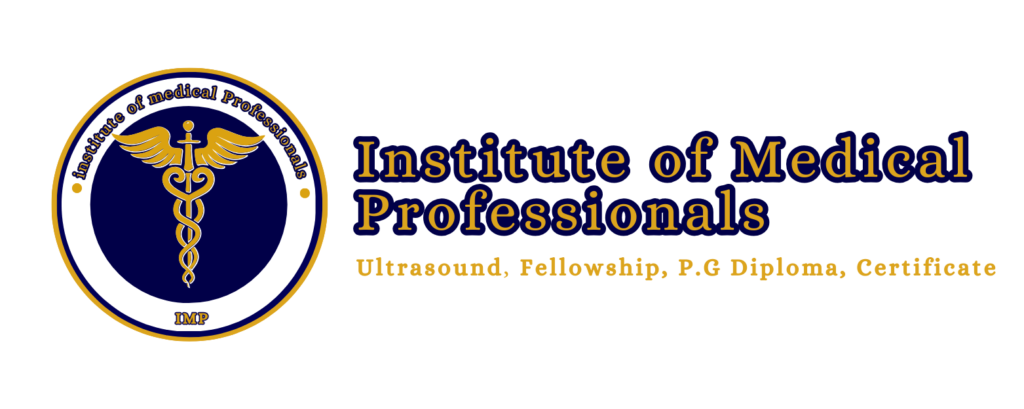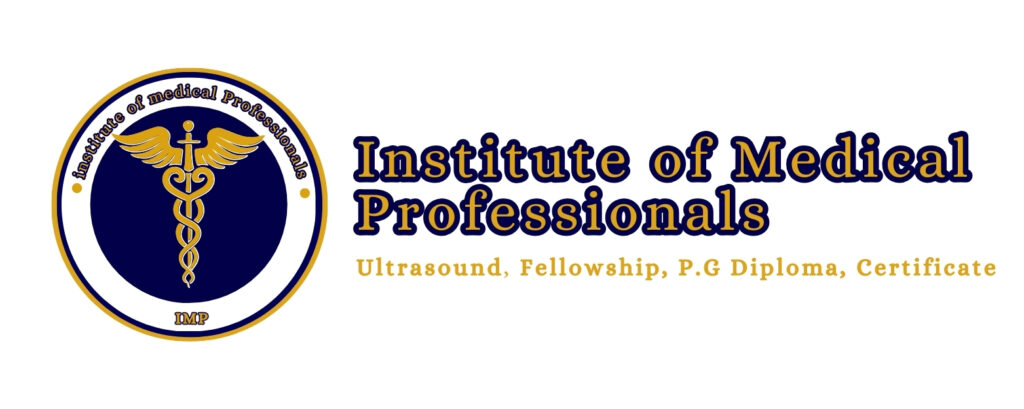Certificate in Endocrinology
About Course
The Certificate in Endocrinology offers healthcare professionals an opportunity to specialize in the diagnosis and management of endocrine disorders. Covering a broad spectrum of conditions such as diabetes, thyroid diseases, adrenal issues, and reproductive endocrinology, the course is aimed at both enhancing clinical practice and improving patient outcomes. The curriculum balances theoretical knowledge with practical application, providing skills to manage complex endocrine disorders and improve the quality of life for patients.
What You'll Learn
The Certificate in Endocrinology is designed to provide an in-depth understanding of endocrine system function and its related disorders. Throughout the course, you will gain knowledge in:
- Anatomy and physiology of the endocrine system.
- Hormonal regulation and feedback mechanisms.
- Common endocrine disorders such as diabetes, thyroid dysfunction, and adrenal disorders.
- Diagnostic techniques and interpretation of lab results.
- Pharmacological and non-pharmacological treatment options for endocrine disorders.
- Management of metabolic diseases like obesity and osteoporosis.
- Endocrine disorders during pregnancy.
- Pediatric endocrinology and growth disorders.
- Emerging research and advancements in endocrine therapies.
- Patient education and counseling in managing chronic endocrine diseases.
Course Duration
3 months, with online study modules and interactive learning sessions.
Requirements:
- A background in medicine, nursing, or a related healthcare field.
- Basic understanding of human physiology and pathology.
- Interest in endocrinology and hormonal disorders.
Course Modules
- Introduction to Endocrinology
- Overview of the endocrine system and its function in regulating metabolism, growth, and development.
- Diabetes Mellitus
- Pathophysiology, diagnosis, and management of Type 1 and Type 2 diabetes, including insulin therapy and lifestyle interventions.
- Thyroid Disorders
- Understanding hyperthyroidism, hypothyroidism, goiters, and thyroid nodules; diagnostic and therapeutic approaches.
- Adrenal Gland Disorders
- Adrenal insufficiency, Cushing’s syndrome, and other adrenal-related conditions, including diagnostic procedures and treatments.
- Pituitary Disorders
- Disorders of the pituitary gland, such as acromegaly, hypopituitarism, and prolactinoma, and their management.
- Reproductive Endocrinology
- Hormonal regulation of reproductive systems, including menstrual cycle disorders, PCOS, and male hypogonadism.
- Metabolic Bone Diseases
- Osteoporosis, osteomalacia, and Paget’s disease: diagnosis, prevention, and treatment strategies.
- Endocrine Disorders in Pregnancy
- Managing gestational diabetes, thyroid disorders, and other endocrine changes during pregnancy.
- Pediatric Endocrinology
- Growth disorders, puberty-related issues, and diabetes in children.
- Advanced Endocrine Therapies
- Emerging treatments, personalized medicine, and advancements in endocrine research.
Course Design
The course is structured for flexibility, offering online modules, case studies, and practical applications in endocrine diagnosis and treatment. Interactive sessions with real-life case discussions, video lectures, and quizzes will assess participant understanding. Emphasis is placed on the application of learned concepts to clinical practice through assignments and scenario-based learning.
Who This Course is For
- General practitioners, endocrinologists, and internal medicine specialists seeking to enhance their skills.
- Nurses, dietitians, and healthcare professionals involved in managing endocrine disorders.
- Medical students or healthcare professionals interested in endocrinology as a specialty.
- Healthcare providers who manage patients with diabetes, thyroid disorders, and other hormonal imbalances.

